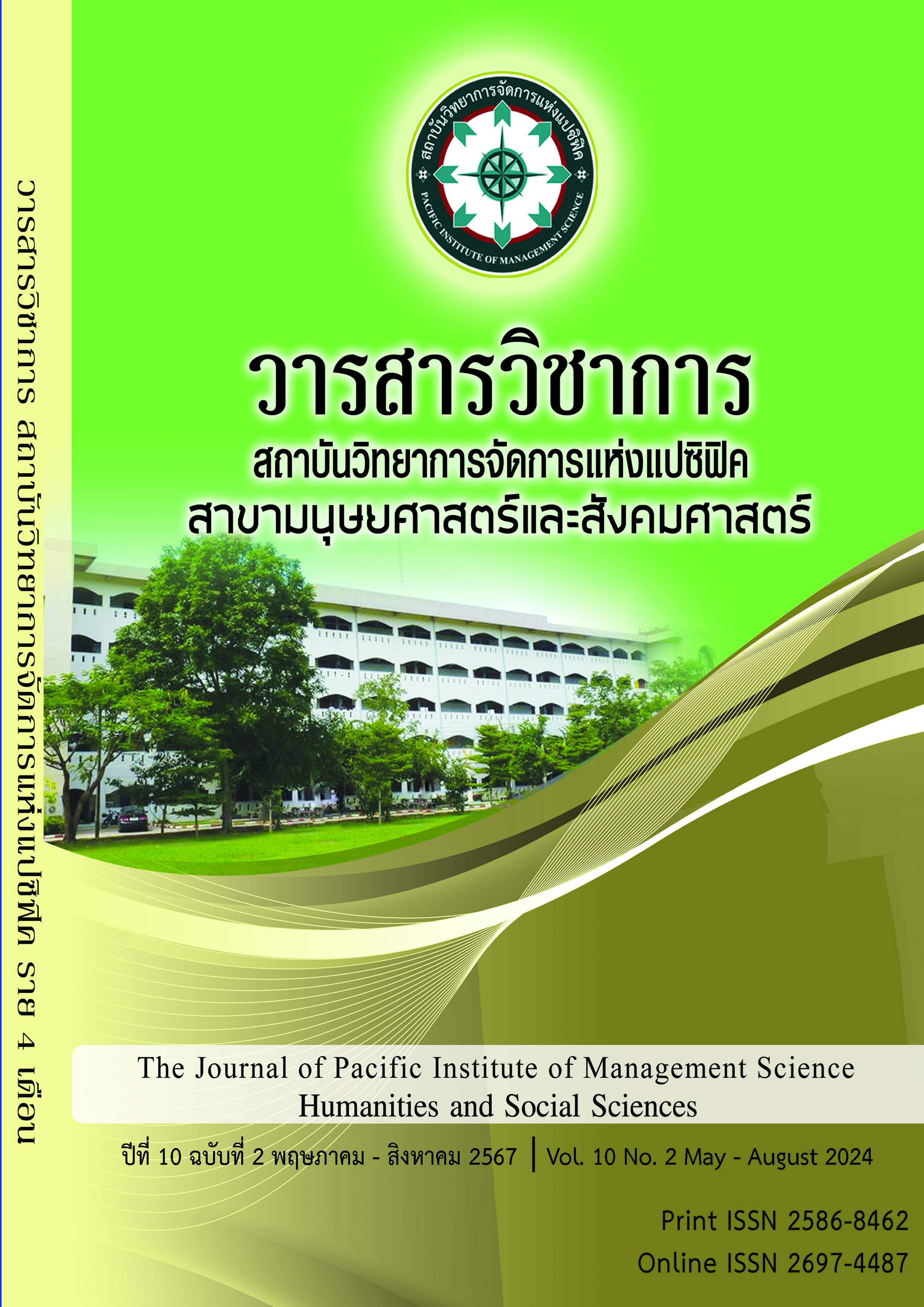The Comparison and Analysis of Buffalo Soul Festival of Zhuang Nationality and Buffalo Racing Festival of Thai Nationality
Keywords:
Buffalo Soul Festival of Zhuang Nationality, Buffalo Racing Festival of Thai Nationality, the customs of the Zhuang and Thai’s festival, the comparison and analysisAbstract
The Zhuang nationality and the Thai nationality once lived together in the same area and they are closely related on the language culture, but their languages and customs have changed and have been split. However, it occurs that they have established lots of customs of farming festival which are similar with each other in the long-term agricultural industry. Used as an important implement, buffalos make huge contributions to agricultural production, which is the reason why the farming customs of the Zhuang’s Buffalo Soul Festival and the Thai’s Buffalo Racing Festival are related to them. By using the methods of documentary, comparative and utilizing induction analysis, this paper explores similarities and differences between the customs of the festivals of the Zhuang and the Thai and found out it exists that the two festivals have similarities in the property, goal and content and the differences in the time, ritual and process, which are related to the environment, culture and religion. They have the function of enriching cultural life and inheriting national culture. In the process of modernization, strengthening the protection and inheritance of these folk festival cultures, and realizing the reconstruction and innovation of festival culture may boost the communication and collaboration between the two countries making them seek common points while reserving differences and contribute to the human community with a shared future.
References
Qin, S.M. (2003). A comparative study of the traditional culture of the Zhuang and
Thai ethnic group. Guangxi, China: Guangxi Nationalities Publishing House.
Wu, C.Z. (2017). Customs of Zhuang copper drum. Guangxi, China: Guangxi Nationalities
Publishing House.
Chen, H., Xiong, T., Nie, W. (2014). Introduction to Thai Culture. World Book
Publishing Guangdong Co., Ltd, (12).
Qin, S.M. (2000). Comparison of the Basic Characteristics of Zhuangtai Traditional
Culture: A Comparative Study of Zhuangtai Traditional Culture Part II.
Study of Nationalities in Guangxi, (1), 52-65.
Chen, X.A. (2002). The Zhuang Buffalo Soul Festival Investigation. Study of Nationali
ties in Guangxi, (1), 67-70.
Lu, M.F. (1998). Reveal the Zhuang’s Buffalo Soul Festival and Ancestor Worship
Festival. Study of Nationalities in Guangxi, (3), 55-58.
Jin, Q.W.,Yang, S.Z. (2021). Buffalo Soul Festival: The Ecological Paradigm of
Harmonious Coexistence between Man and Nature. Journal of Hunan
Agricultural University Science (Social Science Edition), (3), 53-57.
Huang, J.Y. (1985). Thailand’s Traditional Festival: Buffalo Racing Festival. SOUTH
EAST ASIA, (4), 64.
Lu G.M. (2015). Integration and Comparison of Chinese and Thai Folk Culture.
Sichuan Opera, (2), 49-51.
Lu, X.Q. (2016). Summary of ‘Seminar on Chinese and Thai Folk Culture and Folk
Literature. Journal of Guangxi Institute of Education, (4), 34-37.
Suchada Pongkittiwiboon. (2018). Dynamics of Cultural Inheritance and Reproduction
of the Buffalo Racing Festival in Globalization Age. Academic Journal Phra
nakhon Rajabhat University, (9.2), 45–59.
Shen, Y., Siriwan Likhidcharoentham. (2022). A Study on the Cultural Connotation of
the Chinese Zodiac Tiger Idioms and the Commonalities with Culture. Lawa
rath Social E-Journal, (4.2), 113–138.
นิรชรา ตันสุขี. (2563). ประเพณี “วิ่งควาย” วิ่ง...ไปทำไม?. [ออนไลน์]. สืบค้นเมื่อ 29 มกราคม 2563. จาก
Downloads
Published
Issue
Section
License
Copyright (c) 2024 Pacific Institute of Management Science

This work is licensed under a Creative Commons Attribution-NonCommercial-NoDerivatives 4.0 International License.
บทความที่ได้รับการตีพิมพ์เป็นลิขสิทธิ์ของ สถาบันวิทยาการจัดการแห่งแปซิฟิค
ข้อความที่ปรากฏในบทความแต่ละเรื่องในวารสารวิชาการเล่มนี้เป็นความคิดเห็นส่วนตัวของผู้เขียนแต่ละท่านไม่เกี่ยวข้องกับสถาบันวิทยาการจัดการแห่งแปซิฟิค และคณาจารย์ท่านอื่นๆในสถาบันฯ แต่อย่างใด ความรับผิดชอบองค์ประกอบทั้งหมดของบทความแต่ละเรื่องเป็นของผู้เขียนแต่ละท่าน หากมีความผิดพลาดใดๆ ผู้เขียนแต่ละท่านจะรับผิดชอบบทความของตนเองแต่ผู้เดียว







